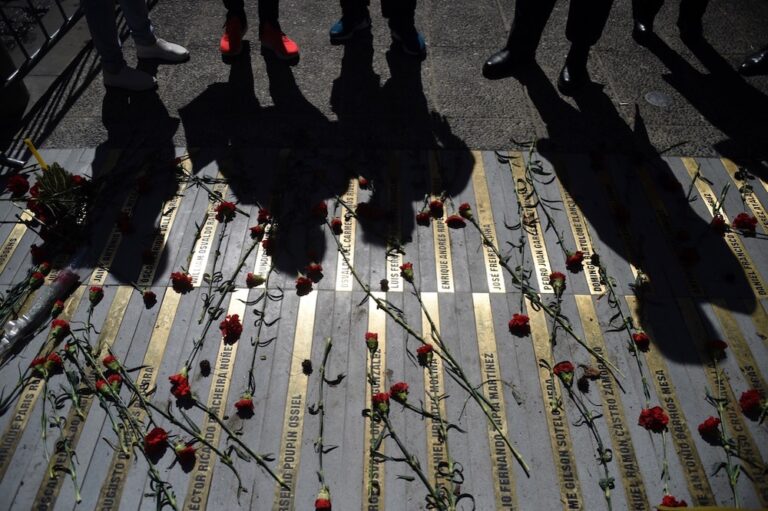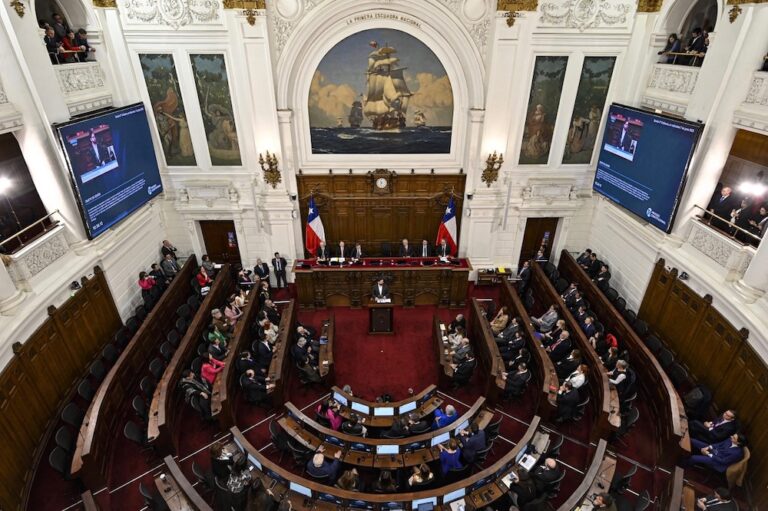“The Chilean government must respond to this tragedy by stepping up protection for Chile’s journalists, who are working in an increasingly dangerous environment” - RSF.
This statement was originally published on rsf.org on 13 May 2022.
Reporters Without Borders (RSF) calls on Chile’s new government to reinforce mechanisms for protecting journalists following community TV reporter Francisca Sandoval’s tragic death in hospital yesterday from the gunshot injury she sustained during a May Day march in the capital, Santiago, on 1 May.
Francisca Sandoval died in Santiago’s Posta Central hospital from the gunshot wound to the head that she received while covering the big Workers’ Day demonstrations in the capital’s Barrio Meiggs district for Señal 3 La Victoria, an independent community TV channel.
Marcelo Naranjo, a 41-year-old man with a criminal record, was arrested on 2 May on suspicion of firing the shot that killed her. Identified from videos and photos that show him firing on the crowd, he is being held pending trial. According to the Ciper Chile website, a total of 11 people were seen firing guns at demonstrators on 1 May.
At least two other reporters – the Piensa Prensa website’s Roberto Caro and Fabiola Moreno, a reporter for Radio 7 de Puente Alto – sustained gunshot injuries while trying to cover the May Day demonstrations.
“The Chilean government must respond to this tragedy by stepping up protection for Chile’s journalists, who are working in an increasingly dangerous environment,” said Emmanuel Colombié, the director of RSF’s Latin America bureau. “The circumstance of the shooting attacks on Francisca Sandoval and the other journalists injured during the May Day demonstrations must be clarified, and the gunmen must be brought to justice.”
Sandoval’s death has sent a shock wave through Chile, where it is highly unusual for reporters to be killed in the course of their work. She is the first journalist to be killed since José Carrasco Tapia, who was murdered in 1986, during the military dictatorship.
Many politicians have commented on Sandoval’s death, including Chile’s new president, Gabriel Boric, who paid tribute to her in a tweet and said he would “permit no impunity.”
Journalists’ associations have voiced concern about the increase in threats to the media in recent years. Chile has seen a surge in threats, intimidation campaigns (especially on social media) and violence against journalists covering protests – violence by protesters, police and military intelligence officers – since October 2019, when a period of political and social turmoil began.
Chile is ranked 82nd out of 180 countries in the World Press Freedom Index that RSF published on 3 May. This is 28 places lower than in 2021.



